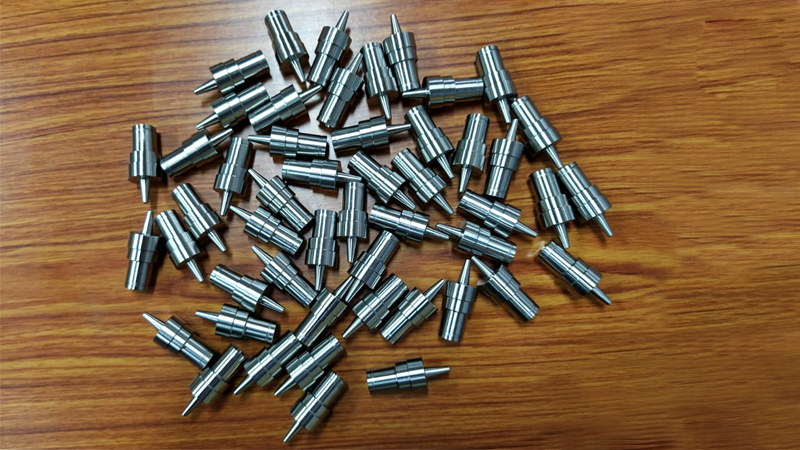CNC machining is a manufacturing process in which pre-programmed computer software dictates the movement of tools. With the help of CNC milling and turning, all the medical products can be made inexpensively and quickly. Now lets know the top 7 benefits of using CNC machining for medical products.
CNC machining requires no fixed tooling
This doesn’t require fixed tooling, whereas in case of injection molding there should be a dedicated mold tool which takes around 3-4 weeks. After making tools we need to approve the samples, optimize parameters. This is a time consuming process and we can charge them more based on our development cost. So this is suitable for large orders but for small orders CNC machining is the best choice because it has less turnaround time.
There are no volume restrictions
After processing the CAD file, a coding program is generated within a fraction of seconds. This code is used for making single or multiple parts at the push of a button. We can find a great advantage in this type because they are used in making medical appliances and prosthetics. Finally there are known volume restrictions.
CNC machining works with many materials
There are many materials CNC machining is dealing with such as stainless and mild steels, aluminium, titanium, plastics like PEEK.
CNC machining is fast
The time for transitioning a digital CAD file to a finished product is based on the part complexity and takes only hours time to complete. This is useful in emergency situations where we can’t predict in advance. Recently we all understood this need due to novel coronavirus.
CNC machines can be portable and local :
Generally large industrial machines require a lot of space. But there are also some portable machines which are easy to carry to any place and can do simple parts such as fixtures, jigs, appliances etc. These kinds of machines are helpful in rural areas where there are no better facilities.
CNC machined parts have high tolerances :
Many medical devices require high tolerances. This is easy to achieve on quality CNC machines. Surface finishes are typically excellent, requiring very little post-processing. This again saves time and money, but that is not the critical issue. The important point about medical products and related equipment especially is that they must be fit for purpose and any deviation in specifications could spell disaster. Digital machining reduces this risk to a minimum.
